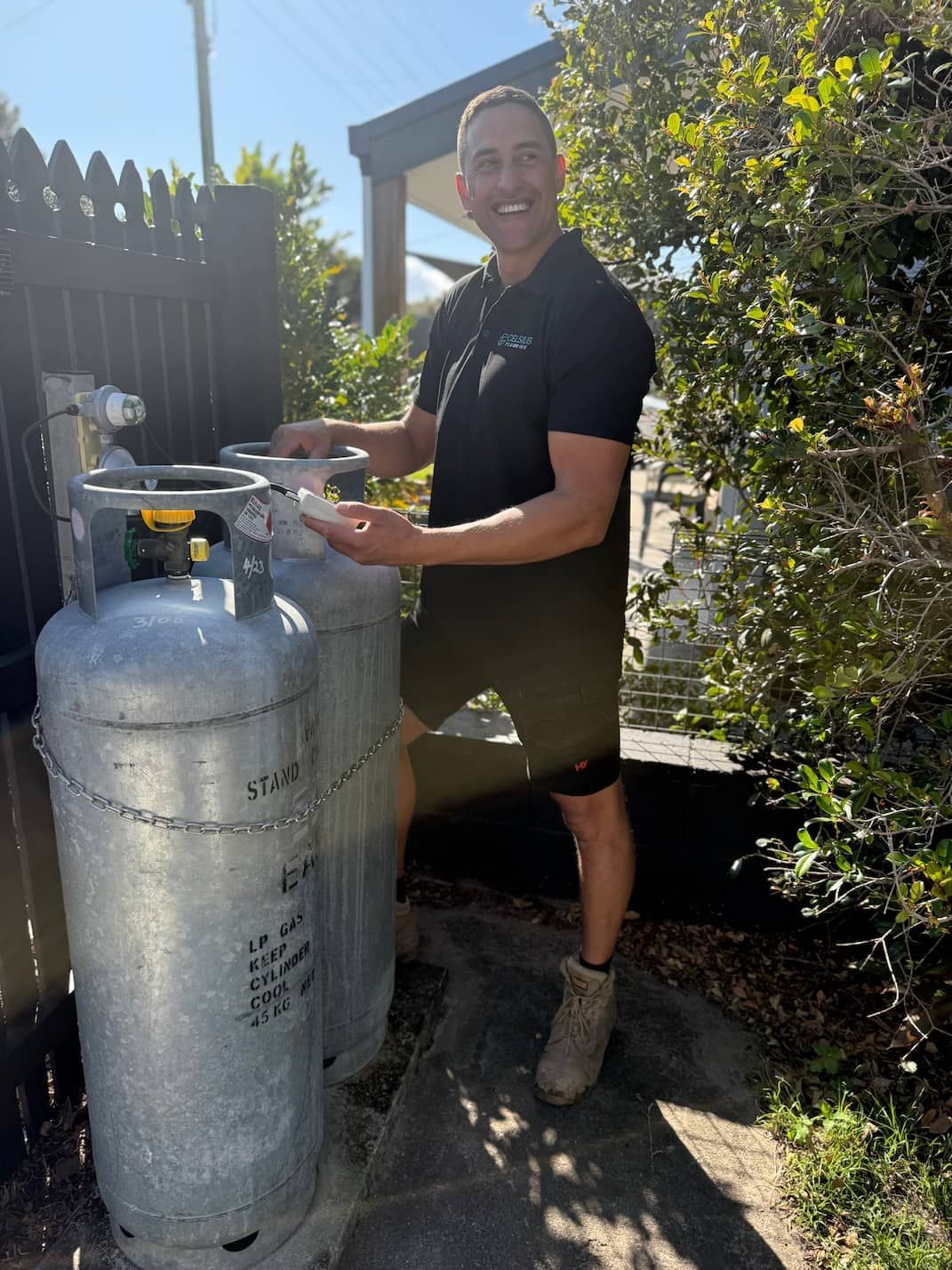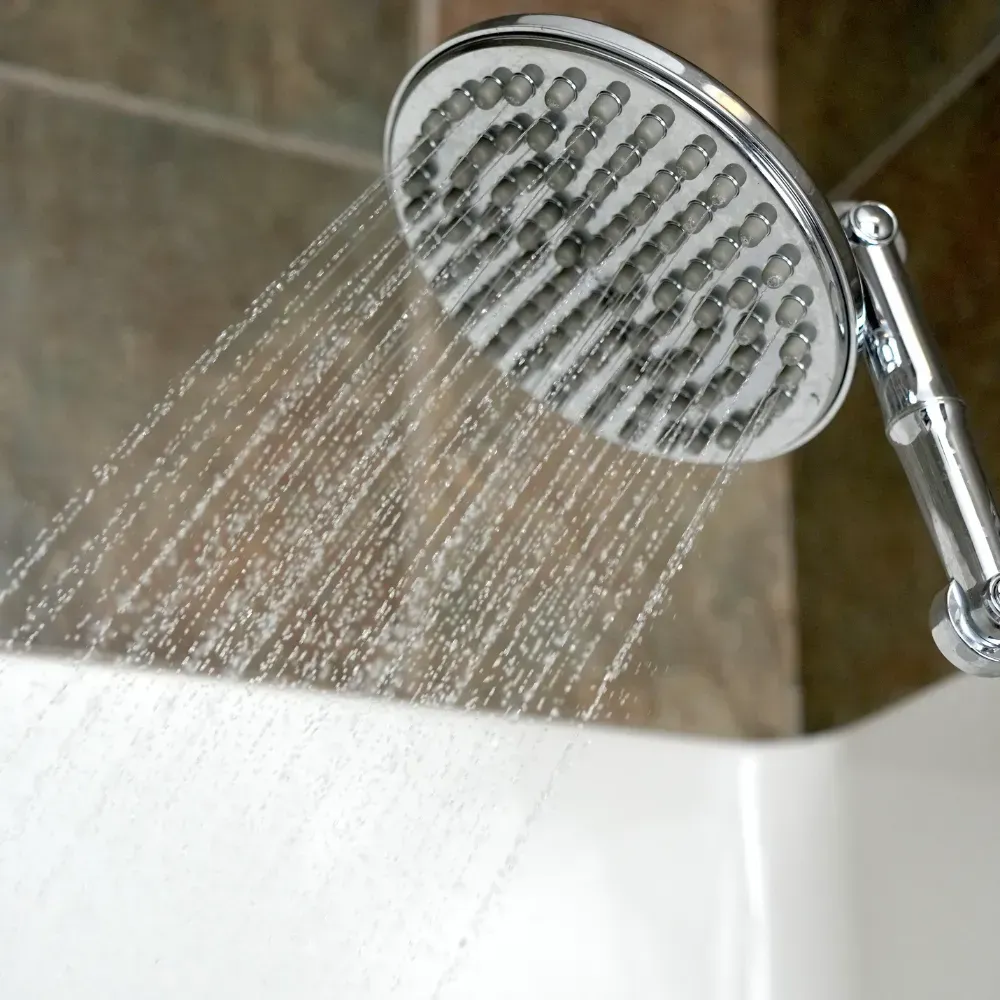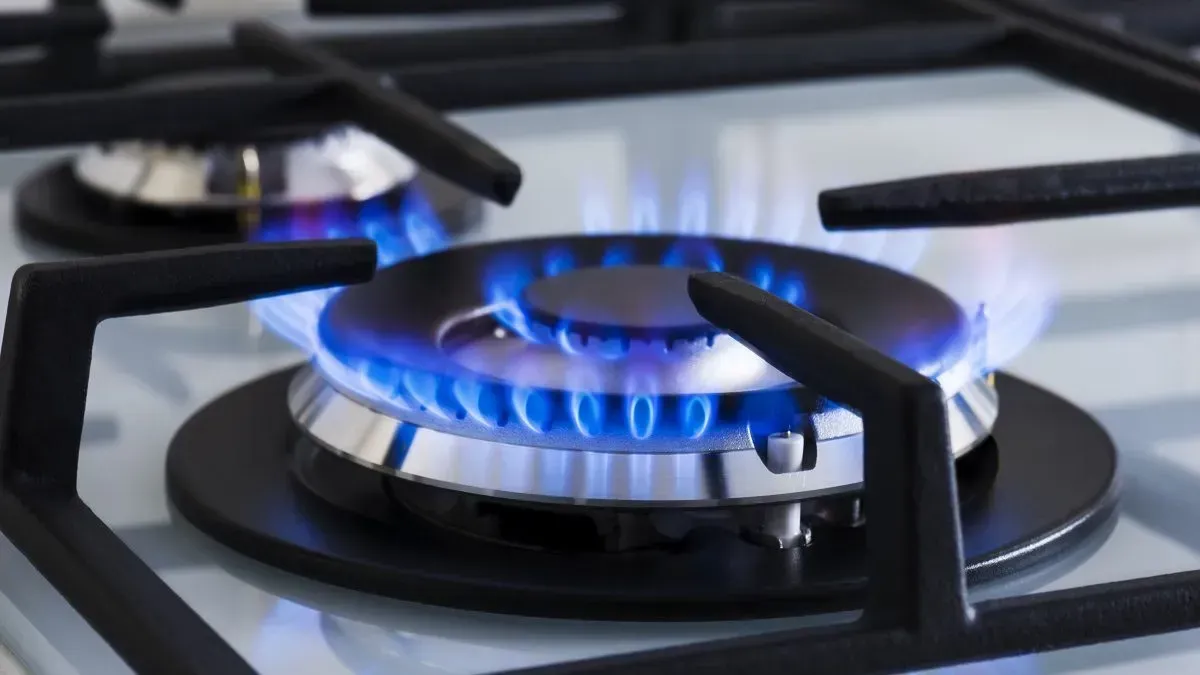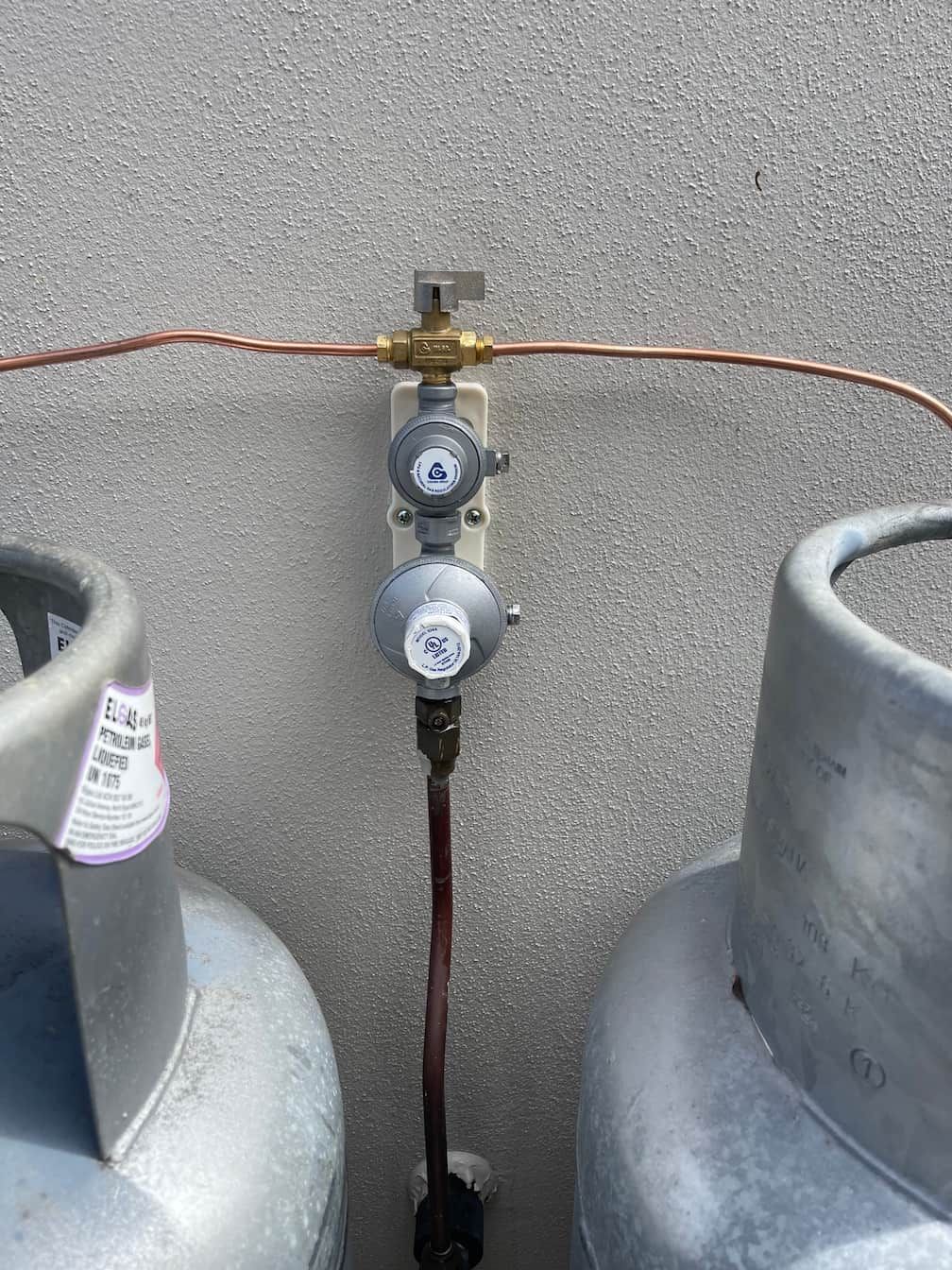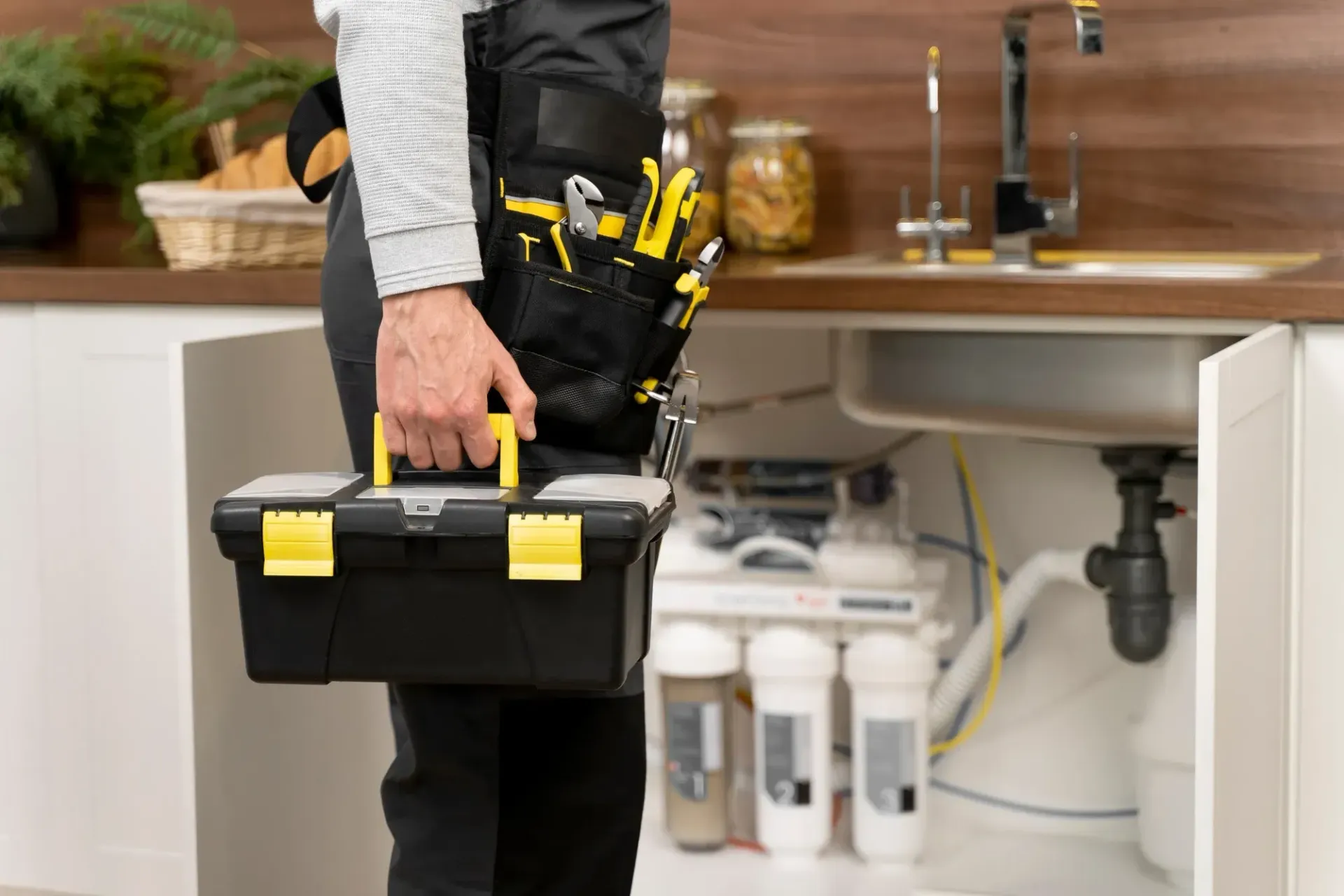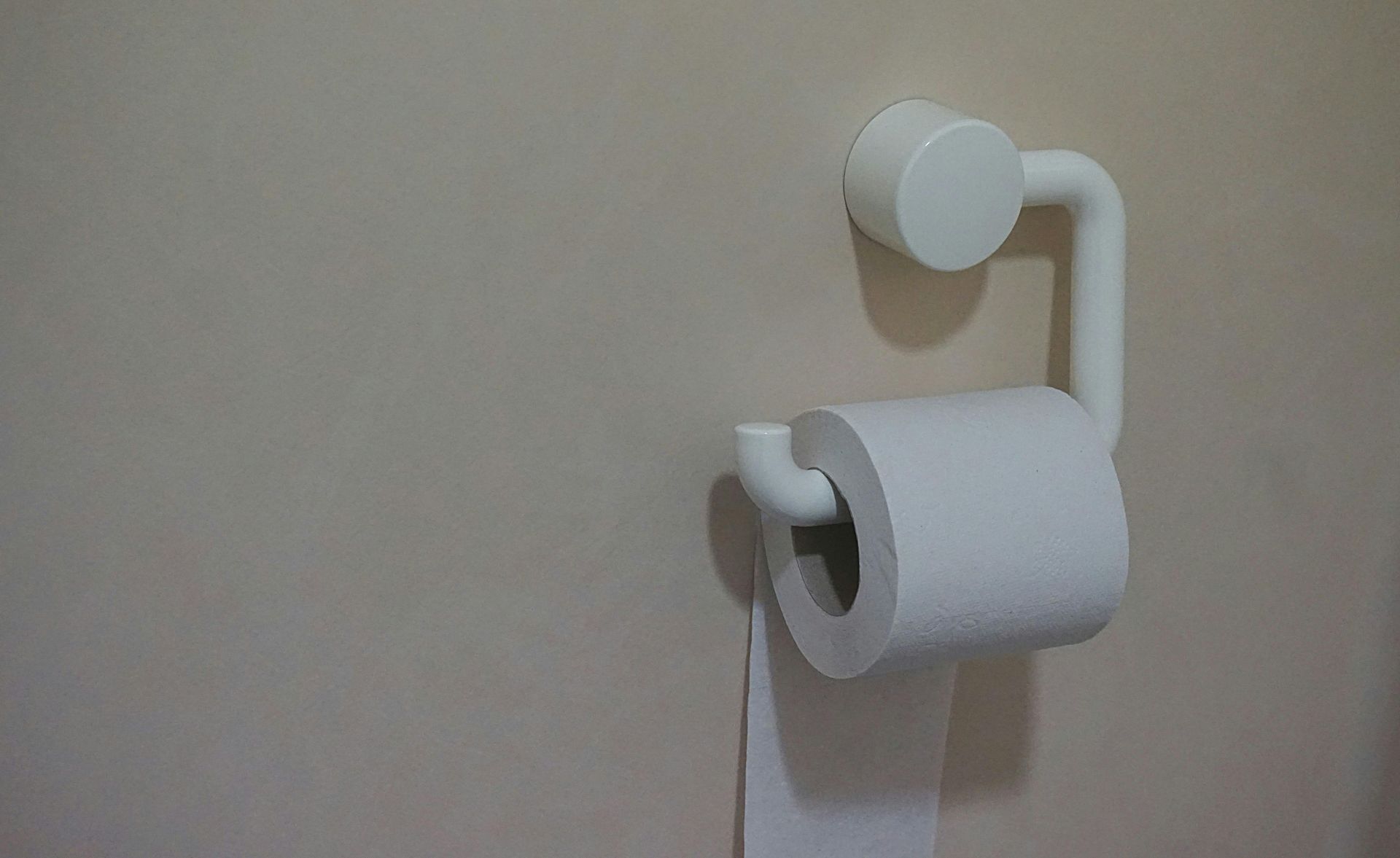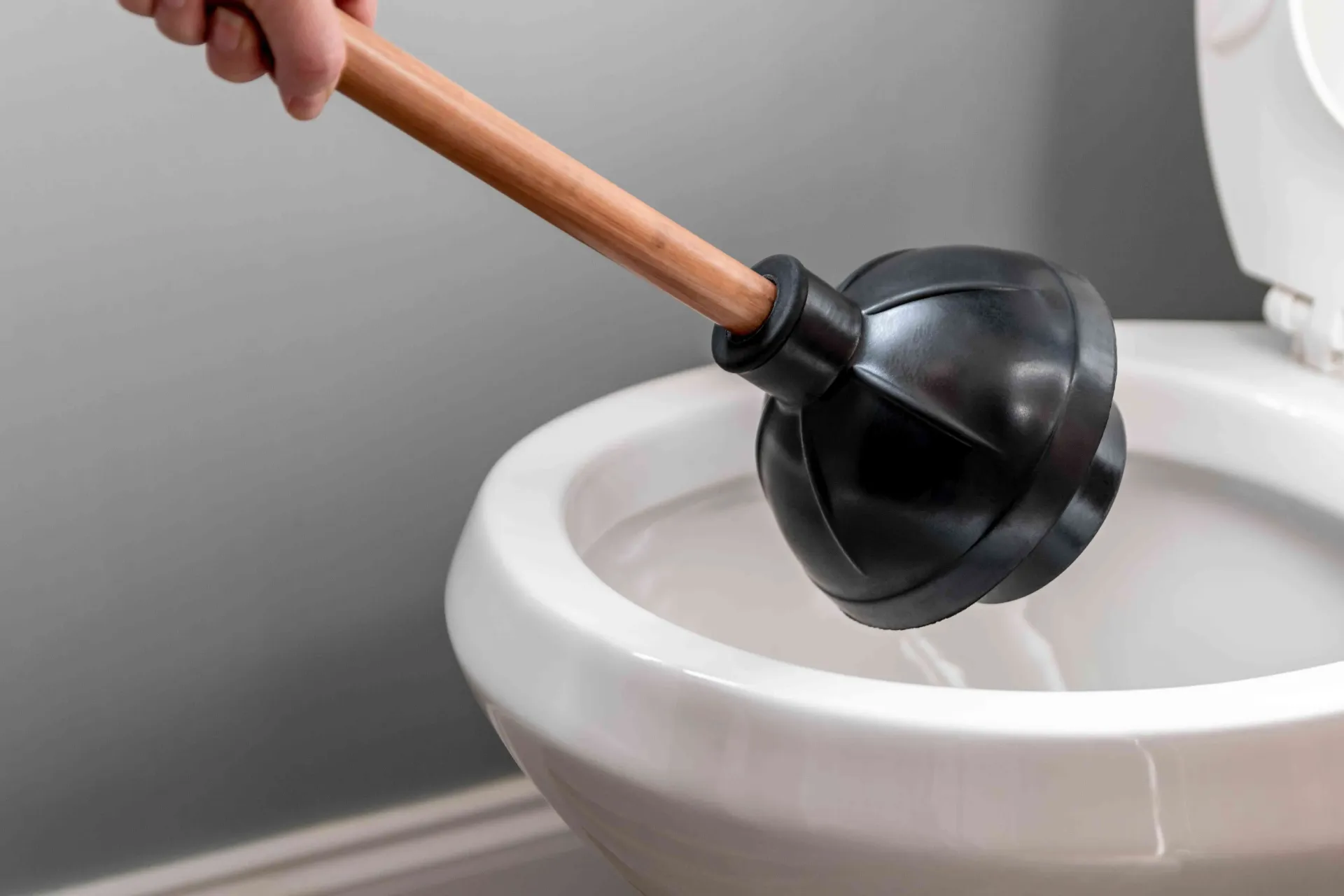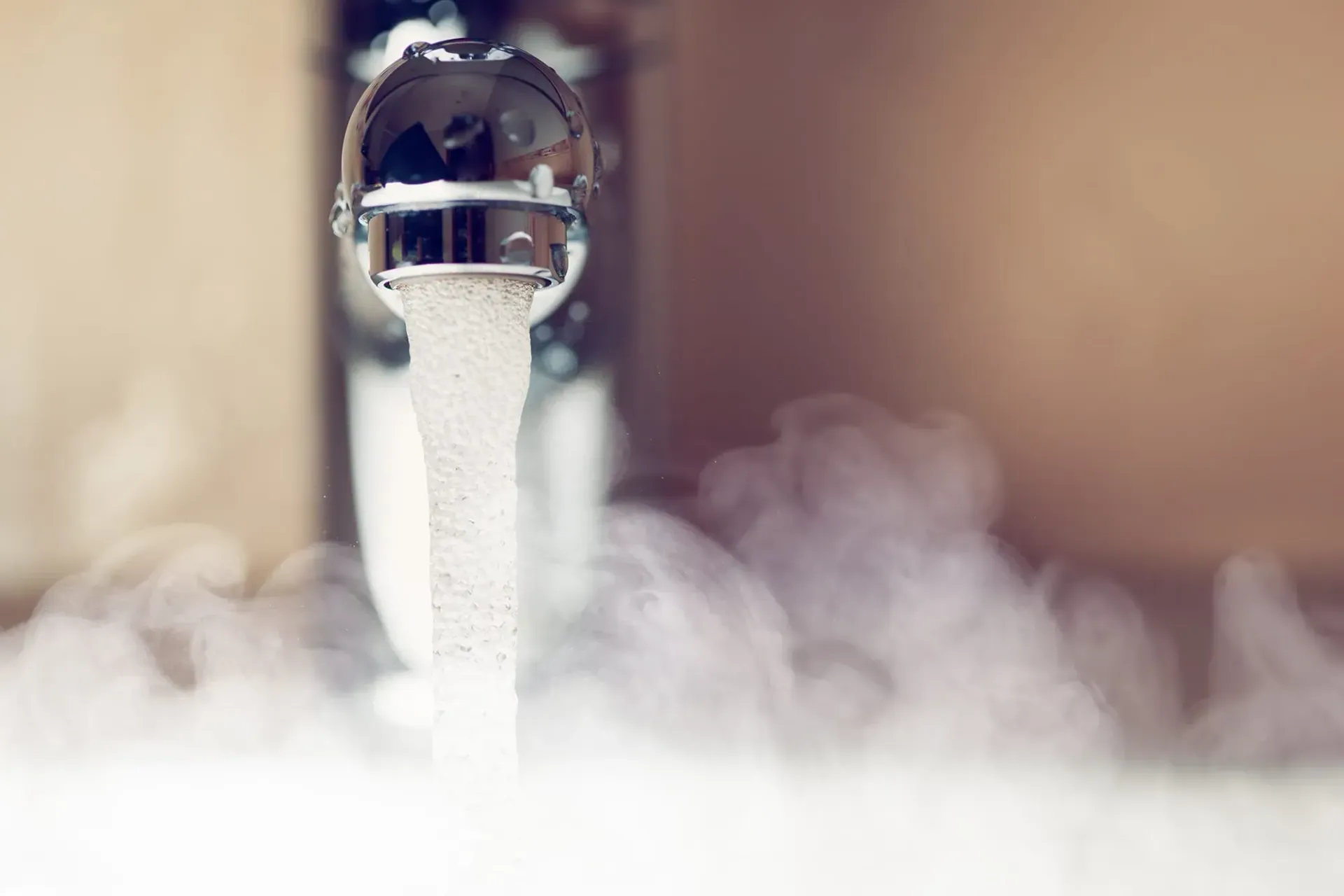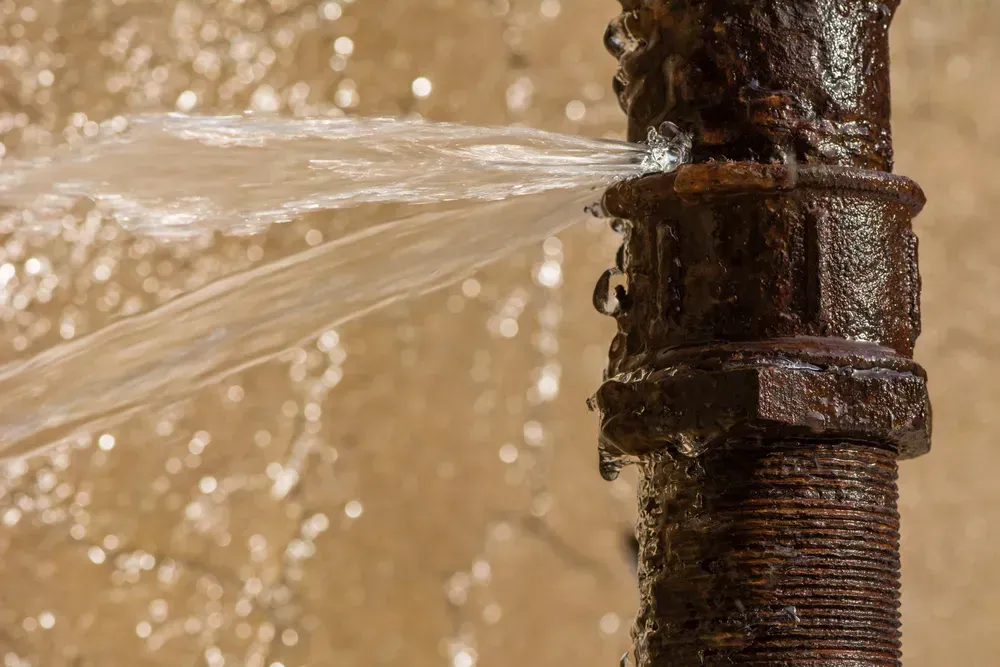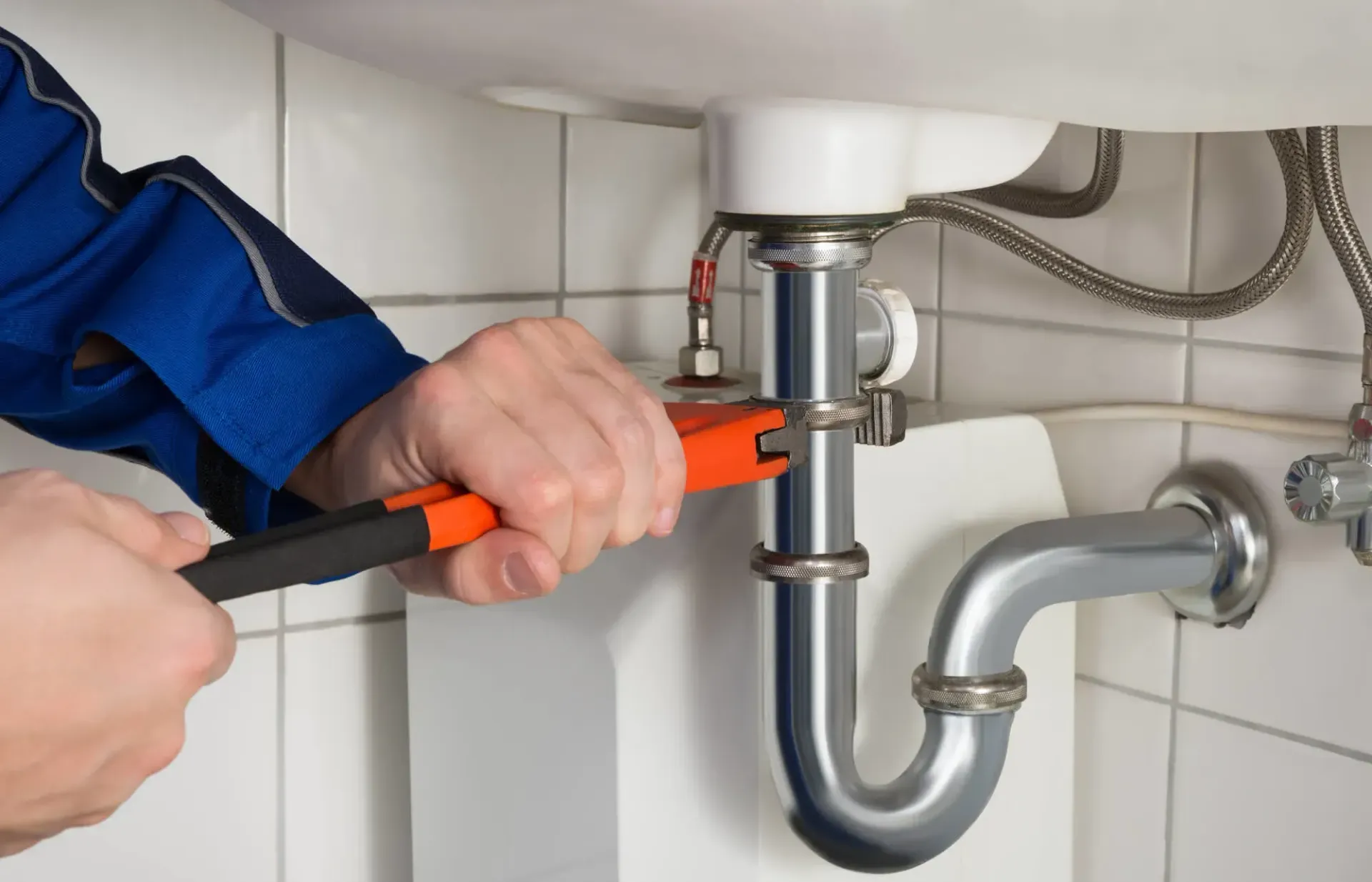What Is the Best Hot Water System?
Choosing the right hot water system for your home can be challenging, especially with so many different types, energy sources, and brands on the market. The best hot water system for you will depend on your household size, water usage, available energy source, and budget.
From electric and gas to solar and heat pump systems, each type has its own advantages and ideal applications. In this guide, we’ll explain the different types of hot water systems, discuss what makes each one suitable for certain homes, and highlight some of the best brands available in Australia.
Different Types Of Hot Water Systems
Before deciding which is best, it’s important to understand the four main types of hot water systems commonly used in Australian homes.
1. Electric Hot Water Systems
Electric hot water systems are among the most common and affordable options on the market. They use an electric heating element inside a storage tank to heat water and maintain it at a set temperature.
Pros:
- Lower upfront cost compared to other systems
- Easy to install and available in a wide range of sizes
- Reliable hot water supply regardless of weather
Cons:
- Higher running costs due to electricity usage
- Not as energy-efficient as gas, solar, or heat pumps
Best suited for: smaller households or properties without access to gas.
Top brands:
- Rheem – Renowned for quality and durability, with a range of Australian-made electric storage units.
- Dux – Offers efficient, compact systems with long warranties.
- Thermann – Known for reliable, budget-friendly options designed for Australian conditions.
2. Gas Hot Water Systems
Gas hot water systems heat water using a gas burner beneath the tank or via a continuous flow system (also known as an instantaneous system) that heats water on demand.
They’re generally more energy-efficient and cost-effective than electric systems, especially for households with high hot water usage.
Pros:
- Lower running costs than electric
- Instant or continuous hot water available
- Not affected by power outages
- Long lifespan with low maintenance
Cons:
- Higher upfront installation cost
- Requires access to natural gas or LPG
Best suited for: medium to large households, or homes already connected to natural gas.
Top brands:
- Rinnai – Market leader in gas continuous flow systems; known for efficiency and reliability.
- Bosch – Offers durable, high-performance systems with advanced temperature control.
- Vulcan – A trusted Rheem subsidiary offering affordable gas storage systems.
3. Solar Hot Water Systems
Solar hot water systems are the most energy-efficient option available. They use solar panels (collectors) to capture the sun’s heat and transfer it to a storage tank. A backup electric or gas booster ensures hot water on cloudy days.
Pros:
- Significantly lower running costs and energy bills
- Environmentally friendly — reduces carbon footprint
- Eligible for government rebates and incentives
Cons:
- Higher upfront cost due to panels and tank installation
- Performance depends on sunlight exposure
- Maintenance of panels and system required
Best suited for: sunny locations or households looking to reduce long-term energy costs.
Top brands:
- Rheem Solar – Leading solar systems with both gas and electric boosters.
- Solahart – One of Australia’s longest-standing solar brands, known for premium quality and reliability.
- Apricus – Specialises in evacuated tube solar systems for high efficiency in variable weather.
4. Heat Pump Hot Water Systems
Heat pumps are a modern, eco-friendly alternative that use ambient air to heat water — similar to how a refrigerator extracts heat, but in reverse.
They don’t rely on sunlight, making them ideal for shaded or cooler areas, and they’re far more energy-efficient than standard electric systems.
Pros:
- Up to 70% more energy-efficient than electric storage
- Works day and night
- Lower running costs over time
Cons:
- Higher upfront cost
- Can be noisy during operation
- Performance may drop in very cold climates
Best suited for: households wanting energy savings without installing solar panels.
Top brands:
- Stiebel Eltron – German-engineered heat pumps known for exceptional efficiency and performance.
- Rheem Ambiheat – Reliable, quiet, and built for Australian conditions.
- Rinnai Hotflo Heat Pump – Compact, durable design ideal for smaller backyards.
Storage vs Continuous Flow Hot Water Systems
Aside from the energy source, hot water systems come in two main delivery types:
Storage Systems
These systems heat and store water in a tank, ready for use. Once depleted, they take time to refill and reheat.
Advantages:
- Reliable hot water supply for large households
- Can store pre-heated solar or off-peak electric water
- Straightforward maintenance
Disadvantages:
- Bulkier and require space
- Heat loss over time from stored water
Continuous Flow (Instantaneous) Systems
These systems heat water only when you turn on the tap, meaning no storage tank is required.
Advantages:
- Endless hot water supply
- Compact and wall-mounted
- Energy-efficient — no heat loss from storage
Disadvantages:
- May struggle to supply multiple showers simultaneously
- Requires adequate water pressure and gas flow
Best choice: Continuous flow systems are ideal for smaller homes or where space is limited, while storage systems suit families with multiple users.
Comparing Energy Efficiency and Costs
| System Type | Average Lifespan | Energy Efficiency | Upfront Cost | Running Cost |
|---|---|---|---|---|
| Electric Storage | 8–12 years | ★★☆☆☆ | Low | High |
| Gas Storage | 10–15 years | ★★★☆☆ | Medium | Medium |
| Gas Continuous Flow | 15–20 years | ★★★★☆ | Medium | Low |
| Solar | 15–20 years | ★★★★★ | High | Very Low |
| Heat Pump | 10–15 years | ★★★★★ | High | Very Low |
Choosing the Best Hot Water System for Your Home
The best hot water system depends on your household’s unique needs. Here’s a quick guide:
- Small households (1–2 people): Instantaneous gas or small electric system
- Medium households (3–4 people): Gas storage, continuous flow, or heat pump system
- Large households (5+ people): Solar with gas booster or large-capacity gas storage
- Eco-conscious homeowners: Solar or heat pump systems
Before making a decision, consider factors like your roof’s sunlight exposure, access to gas lines, and available space for tanks or panels.
The Best Hot Water System Brands in Australia
Here’s a summary of some of the most trusted brands on the Australian market:
Rheem
Australia’s leading hot water brand for over 80 years. Known for reliable electric, gas, solar, and heat pump systems designed to handle Australian conditions.
Rinnai
Experts in gas continuous flow and energy-efficient water heating technology. Offers both residential and commercial-grade systems.
Dux
A long-established Australian brand offering quality, affordable storage and instant systems backed by strong warranties.
Bosch
A global brand renowned for precision engineering and long-lasting gas continuous flow systems.
Solahart
Specialises in solar and renewable energy water heating, ideal for homeowners looking to reduce power bills and environmental impact.
Conclusion
So, what is the best hot water system? There’s no one-size-fits-all answer — it depends on your household size, energy source, budget, and long-term goals.
For energy savings and sustainability, solar and heat pump systems are the best choices. For reliability and instant performance, gas continuous flow systems like those from Rinnai or Bosch are excellent. And for affordability, electric systems from Rheem or Dux remain popular for small homes.
Before purchasing, get in touch with Celsius Plumbing to ensure you purchase the right hot water system. We'll also handle the installation on the Sunshine Coast.
Written by Justin from Celsius Plumbing
Meet Justin, the owner of Celsius Plumbing. With over 15 years of industry experience, Justin combines technical expertise with a commitment to clear communication and reliable service.

